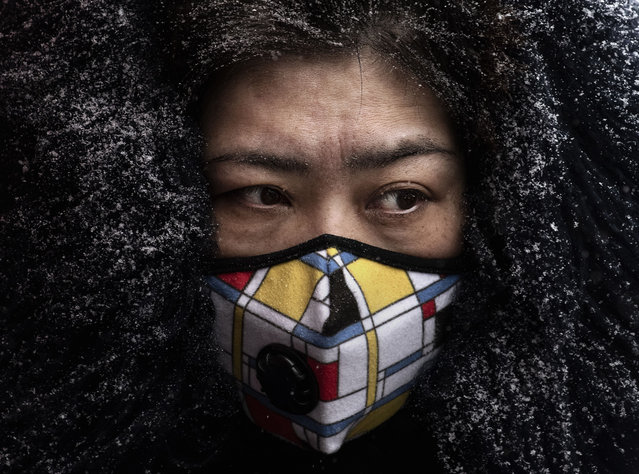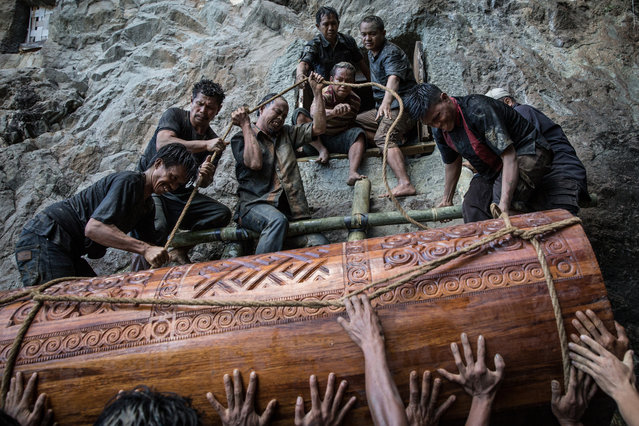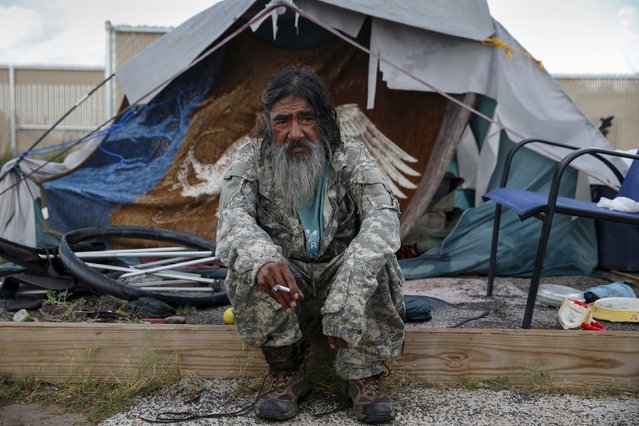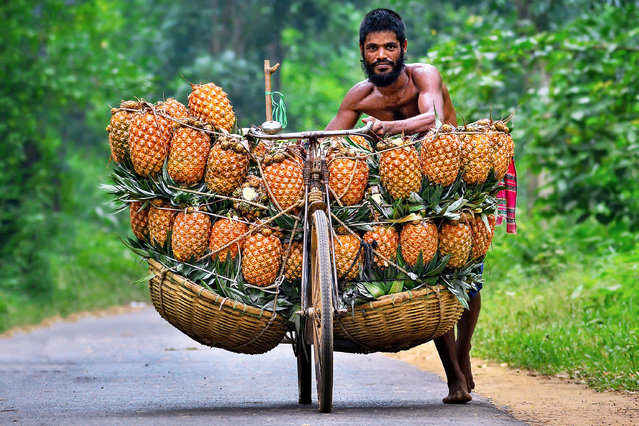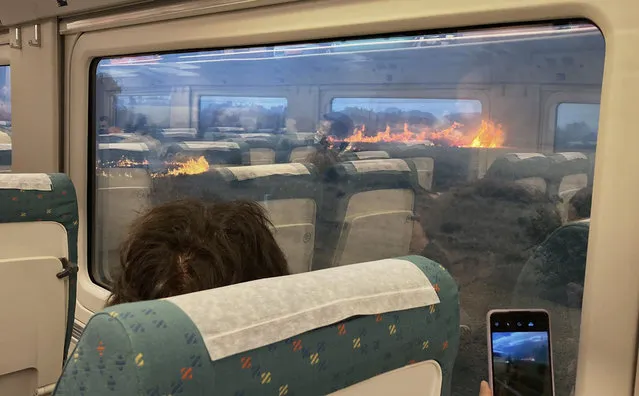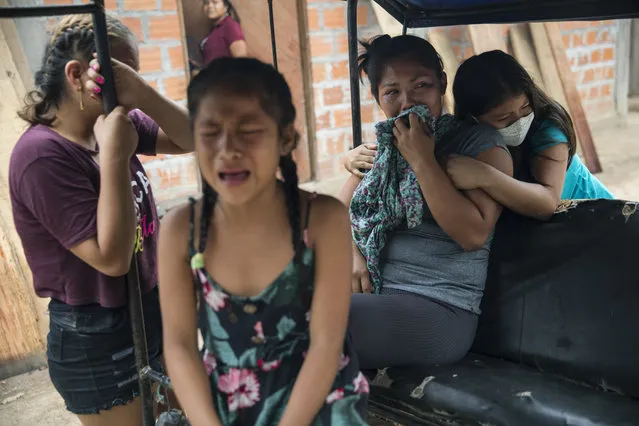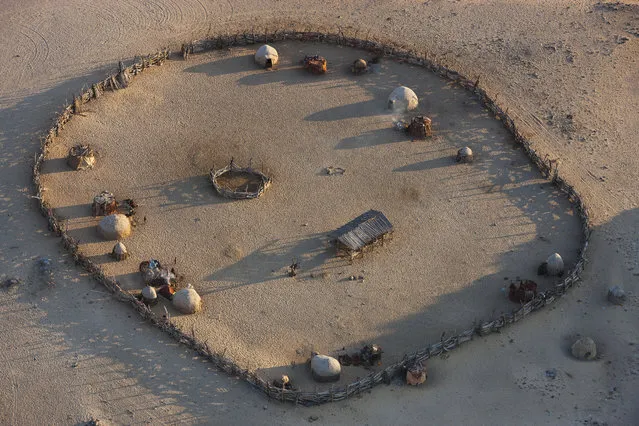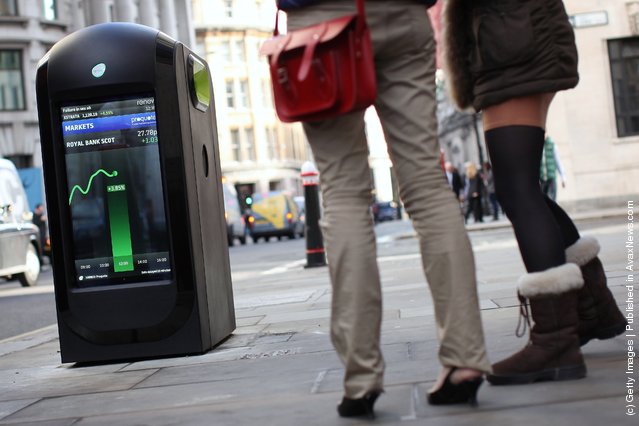
Girls look at a newly installed “Renew” media point in the City of London on January 26, 2012 in London, England. The “pods” will transmit each market day and will include breaking news, weather and travel information, and information about sport, fashion, the arts and entertainment. The stations which will also double as recycling points are run by media company Renew. (Photo by Dan Kitwood/Getty Images)
27 Jan 2012 11:32:00,post received
0 comments

